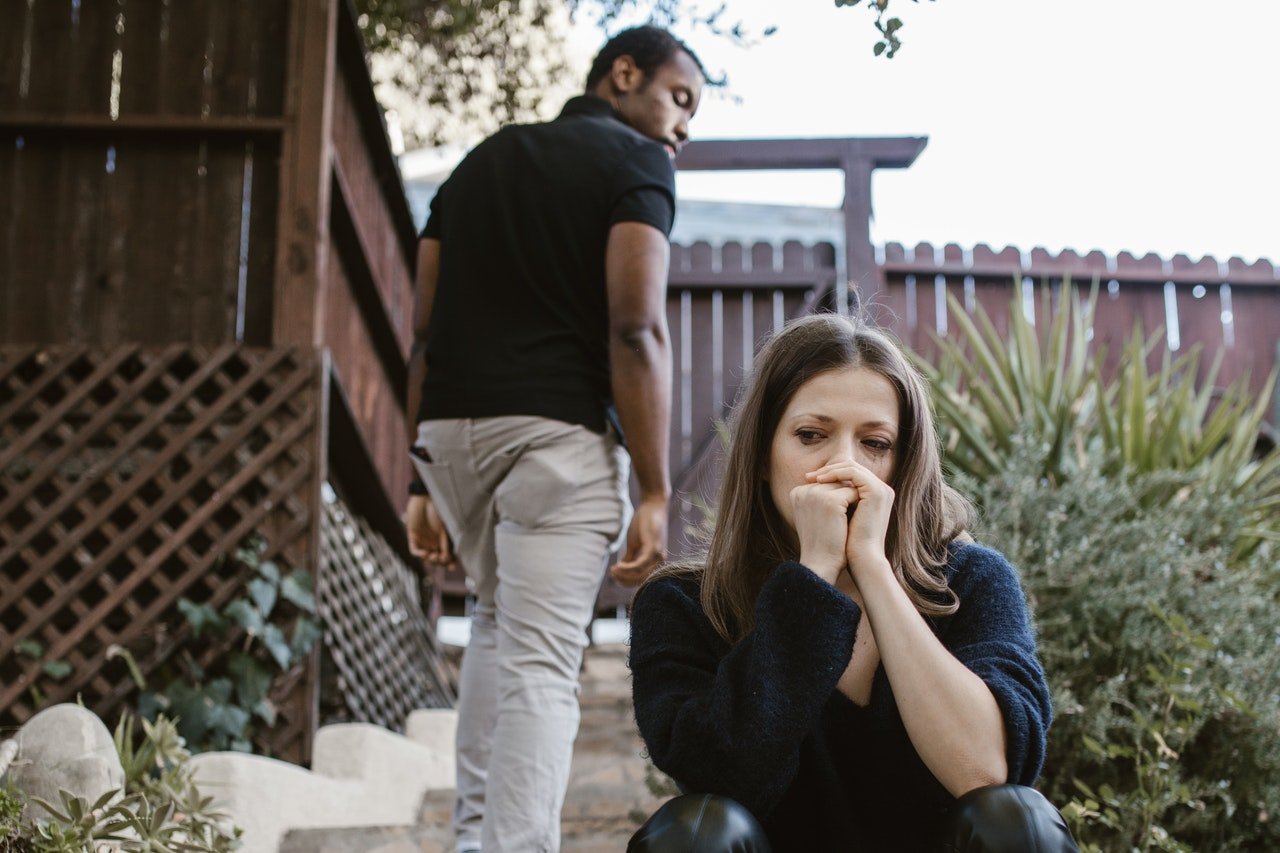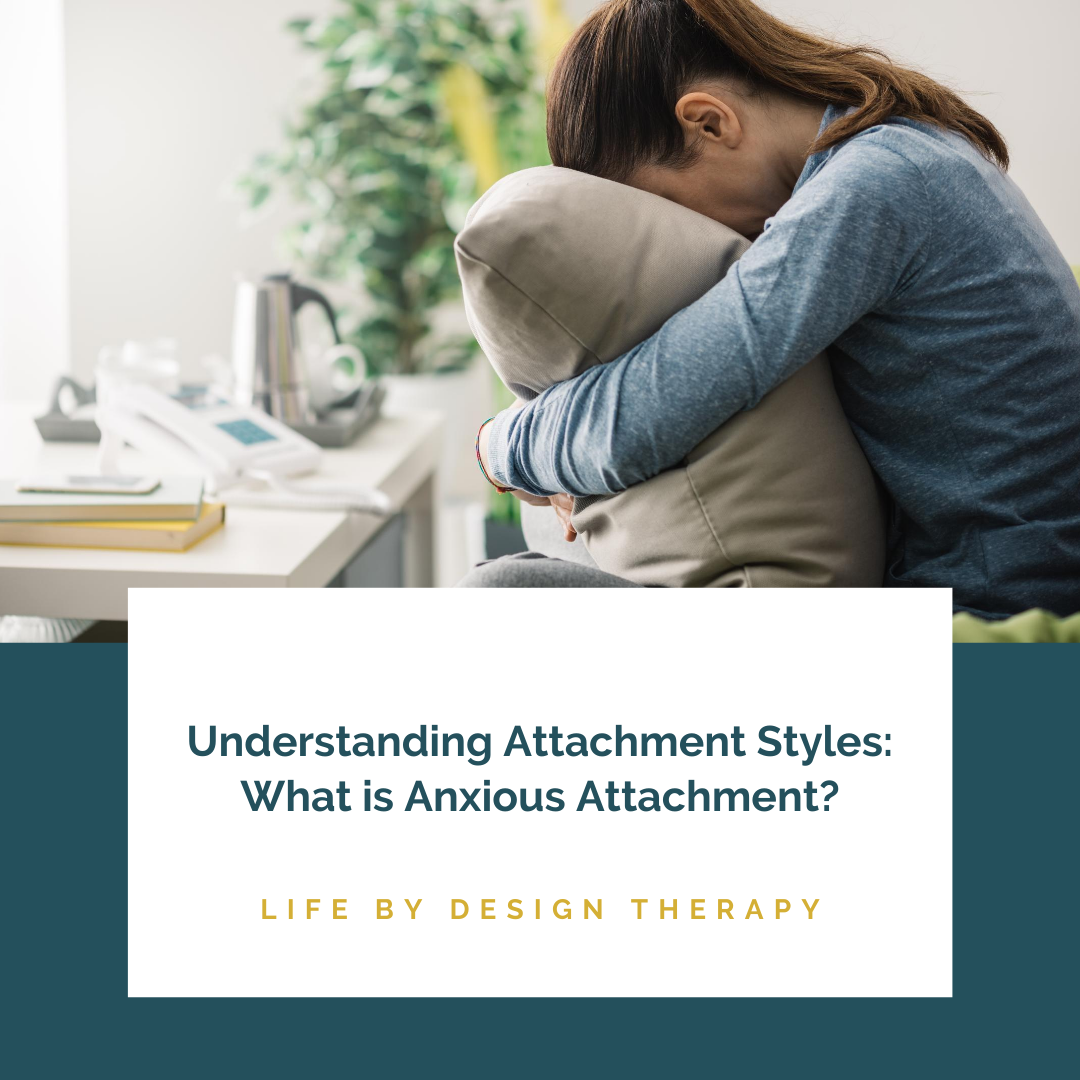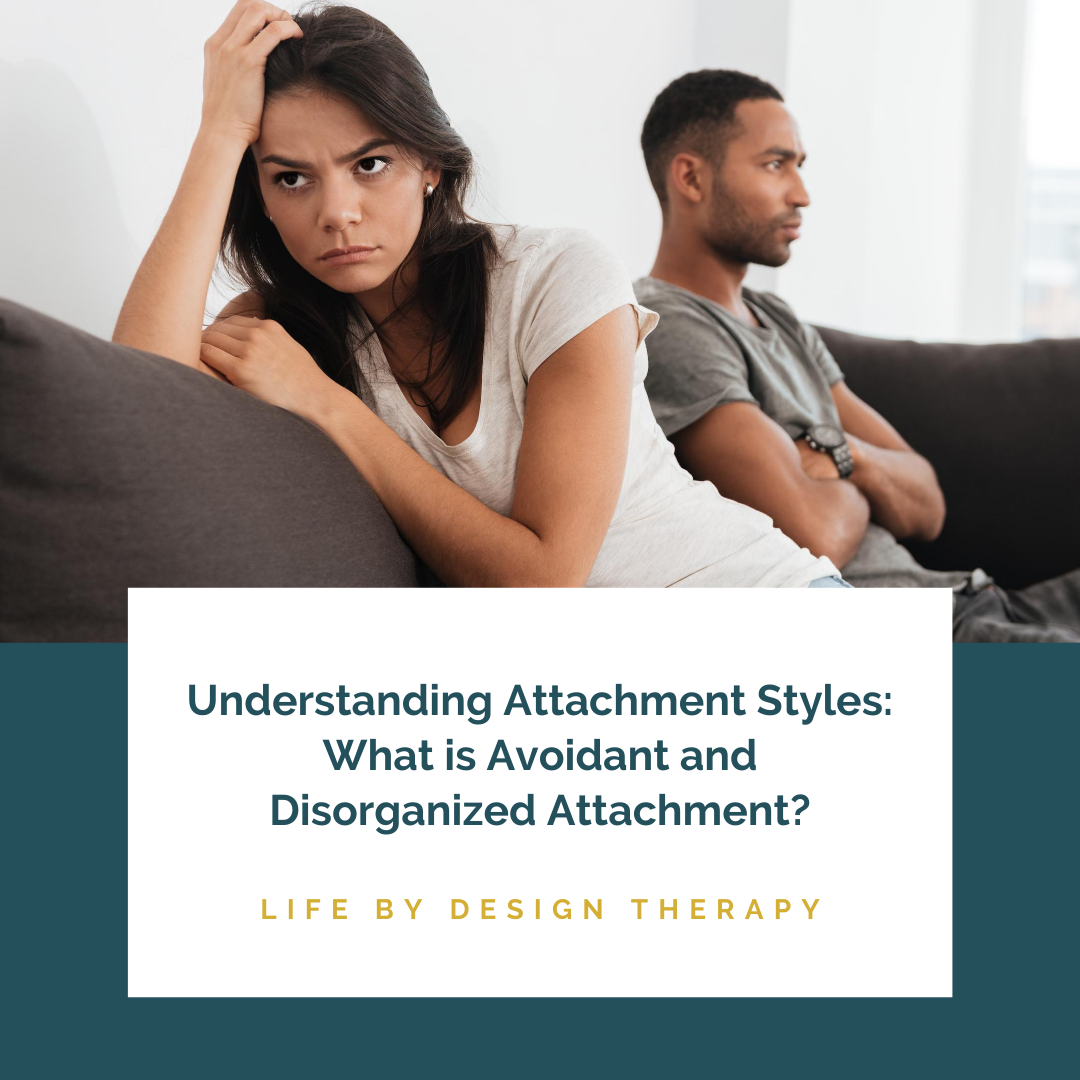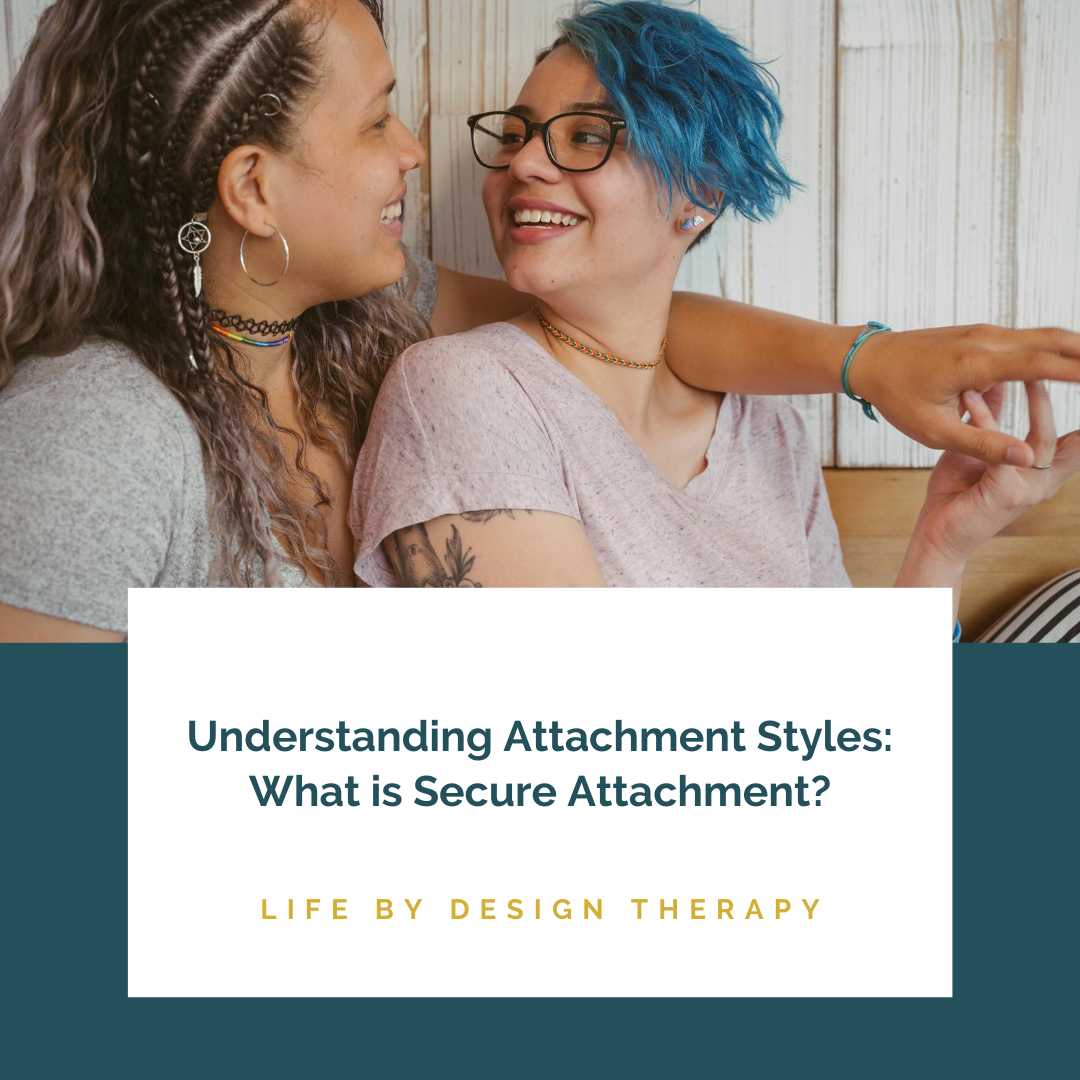By Melody Wright, LMFT
It’s hard to believe but the holidays are right around the corner.
For some, they are a time of joy and bliss, but for others, the holidays might bring unwanted stress.
I can’t tell you how many stories I’ve heard from people who look forward to the season but secretly dread the pressures that come with it.
Despite our best intentions, it can feel like those pressures bubble up year after year, especially during gatherings.
So, why does that happen? Why does the stress of holiday gatherings feel so overwhelming?
Part of it has to do with family dynamics, but our own stress often plays a big role, sometimes without us even realizing it.
Fortunately, once I understood the reasons behind this pattern, I discovered a few simple strategies that help manage the stress and bring a little more peace to the season.
Here’s what I’ve learned along the way.
Why Conflicts Escalate During the Holidays
If you’ve ever walked into a family gathering with a sense of dread, anticipating an awkward conversation or simmering argument, you’re not alone.
Holiday gatherings can amplify family tensions for many reasons.
However, the pressure we place on ourselves to make everything "perfect" contributes to as much stress as family dynamics do.
When we blend high expectations with old family tensions, the holidays can easily become a time of emotional strain.
Understanding the different stressors, both internal and external, can help us approach gatherings with less pressure, more patience, and a healthier mindset.
Are Your Holiday Expectations Set Too High?
During the holidays, many of us push ourselves to create the “perfect” experience. You know the experience of a beautifully decorated home, a festive meal, and the seamless gift exchanges.
Sometimes we hold an idealized picture of how it should all go, hoping for a flawless, joyous day. However, this high bar we set for ourselves can possibly become a double-edged sword.
When reality falls short of these expectations, it can be easy to feel like we’ve failed or missed the mark, and that frustration can spill over onto those around us.
Combined with family dynamics, this personal pressure can fuel misunderstandings, magnify small tensions, and create a sense of disappointment that leaves everyone feeling strained.
Are You Holding onto Old Grudges and
Unresolved Issues?
It’s no secret that family gatherings have a way of stirring up the past.
Maybe it’s an old argument that never quite got resolved or some long-standing sibling rivalry.
When we’re around family we haven’t seen in a while, those unresolved issues tend to come up, even when you least expect it.
It’s almost like the past sneaks into the present, and suddenly, small disagreements can spiral into something much bigger.
Are Stress and Exhaustion Weighing You Down?
The holidays are exhausting.
Between shopping, cooking, traveling, and trying to please everyone, you might find yourself running on fumes by the time the big family event rolls around.
And when you’re tired, it’s easy for your patience levels to wear thin.
Things that wouldn’t normally bother you, can feel like a much bigger deal than it might be.
Is Financial Pressure Adding to the Stress?
This one might be tough to talk about, but it’s real.
The financial strain of the holidays comes from buying gifts, hosting dinners, or traveling to see family and it can really add up.
It’s easy for those money worries to bleed into family interactions, even when we don’t mean for them to.
Are You Feeling Grief or Loneliness This Holiday Season?
For those of you who’ve lost someone, or are going through a breakup or divorce, the holidays can be especially hard.
When grief is present it might show up as irritability or withdrawal.
There might even be some years where grief makes this holiday harder than the last.
Grief is such a personal experience which makes it tough because not everyone understands what’s really going on inside.
Now that we've gone over why conflicts escalate during the holidays, lets explore way to manage the pressures and conflicts that occur during holiday gatherings.
7 Ways To Manage The Pressures Of The Holiday Gatherings
So, how do we handle all of this without letting the conflict take over? Here are a few strategies that can make a big difference as you navigate upcoming family functions:
Set Realistic Expectations
One thing we need to consider is where these expectations come from. Are they coming from us or the expectations of others?
Actionable Step: Pause and journal out your thoughts. What expectations are you putting on yourself? Where do they stem from? What expectations are coming from others and why do we feel it necessary to meet them?
The truth is, nothing is ever perfect, because everyone has a different perspective of what “perfect” is.
And that’s okay.
When we are able to release the pressure of meeting certain expectations, disappointment has the opportunity to fade away.
Remember, the holidays are about connection, not perfection, and keeping that in mind can really help lower your stress levels.
Recognize Responsibility
If you’re someone who considers yourself a people pleaser, the holidays might be especially tough.
I understand, you desire for everyone to be happy, and when family conflicts start, you might feel like it's on you to smooth things over.
I want to remind you that you are not responsible for the emotions of others.
If tensions flare or arguments break out, it’s not your job to fix everything.
You can’t control how others react, only how you respond.
Do your best to detach from the outcome of the conflict and focus on staying calm and centered.
Remind yourself that it’s okay to set boundaries and you’re not being selfish by taking care of your own mental and emotional well-being.
This might be surprising, but you’ll actually be in a better position to contribute to a healthier, more peaceful atmosphere without taking on the weight of everyone else’s emotions.
This holiday season, give yourself permission to let go of the need to please everyone and remember that your peace is just as important as anyone else’s.
Practicing Active Listening
I’ve found that when tensions rise, listening is my best tool.
Not just listening to respond, but really listening to understand.
When someone else is upset, try to pause and listen without interrupting.
It’s amazing how much it can diffuse a situation just by allowing the other person to feel heard.
Often it’s not about solving the problem right away, but about giving people space to express themselves.
Take Breaks
When things start to feel tense, it’s okay to step away.
Actionable Step: Consider going for a walk or finding a quiet space for a few minutes.
For some powering through is what you’re used to doing, but I want to encourage you to give yourself permission to take a break.
When you’re able to reset you can come back feeling calmer and more patient.
Avoid Sensitive Topics
When things start to feel tense, it’s okay to step away.
Actionable Step: Consider going for a walk or finding a quiet space for a few minutes.
For some powering through is what you’re used to doing, but I want to encourage you to give yourself permission to take a break.
When you’re able to reset you can come back feeling calmer and more patient.
Avoid Sensitive Topics
Let’s be honest, with it being an election year it might be tougher to avoid sensitive topics, but every family has hot-button conversations that are better left alone.
Whether it’s politics, religion, or unresolved family issues, sometimes it is just best to steer clear of those topics during the holidays.
If you feel one starting, I’ll gently change the subject to something lighter. Sometimes, agreeing to disagree is the best way to keep the peace.
Actionable Step: Try preparing redirection phases before your family gathering. For example, “Oh, that’s a big topic, but I would love to hear what you’ve been up to lately, how’s ___ going?”
Address Issues Beforehand
If there’s a lingering issue between you and a family member, it might be better to address it before the holiday gathering.
By having a conversation ahead of time, even just a brief phone call, you can clear the air and prevent unresolved tension from turning into conflict during the holidays.
However, I know how intimidating that can be.
To feel more comfortable addressing issues beforehand, choose a calm, distraction-free time and approach the conversation with kindness, using "I" statements to focus on your feelings rather than blame.
Practicing what you want to say can boost your confidence, and starting with small, neutral topics can ease into more difficult discussions.
Remember that it's okay to set boundaries and pause the conversation if needed.
Try to end on a positive note, acknowledging the effort and focusing on the shared goal of having a peaceful, enjoyable holiday.
Let Go of the Small Stuff
Not everything is worth a fight.
I know sometimes it feels like we need to engage in every argument, but feeling the need to prove ourselves can be exhausting.
Remember this holiday, the goal is to keep our peace.
Embracing the idea of letting go of the little things can ensure that this happens for you.
In the grand scheme of things, does it really matter if you don’t win that debate or if someone has a different opinion?
Choosing to let go doesn’t mean giving up or being passive, it means valuing your inner self and the well-being of your family over being “right.”
It’s freeing to realize that not every disagreement needs to be resolved, and sometimes the best response is no response at all.
final reflections
The holidays can certainly be challenging, but with a bit of patience and a few thoughtful strategies, it’s possible to manage the stress while still enjoying the season.
It’s not about creating a picture-perfect holiday or avoiding every conflict, instead, it’s about finding ways to stay grounded and nurture meaningful connections with the people we care about.
What truly matters are those moments of laughter, shared meals, and quiet connections that bring us together.
Family conflicts may arise, and that’s okay.
They don’t have to define the season.
This Weeks Affirmations
I release the need to control the situation and focus on my own well-being.
I honor my emotions without letting them overwhelm me.
I choose connection and love over the need to be right.
I am capable of creating a joyful, peaceful holiday, no matter what comes my way.
I respond with kindness and patience, even when tensions rise.
Additional Resources
**If you’re interested in learning more about communication tips & managing stress check out these books below:
Nonviolent Communication: A Language of Life" by Marshall B. Rosenberg
Radical Acceptance: Embracing Your Life With the Heart of a Buddha by Tara Brach
The Power of Now: A Guide to Spiritual Enlightenment by Eckhart Tolle
Burnout: The Secret to Unlocking the Stress Cycle by Emily Nagoski and Amelia Nagoski
Where to Draw the Line: How to Set Healthy Boundaries Every Day by Anne Katherine
**Some product links are affiliate links, which means we'll receive a commission if you purchase through our link, at no extra cost to you. Please read the full disclosure here.



























































